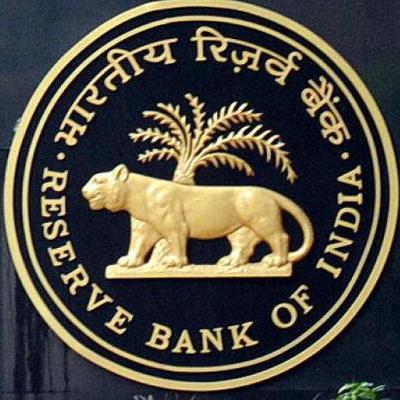The Reserve Bank of India (RBI) recently raised its repo rate by 25 basis points, taking the total interest rate to 6.5%. While this is only a nominal increase and is not expected to impact the real estate sector, both residential and commercial segments. However, it is essential to note that this is the sixth consecutive hike, and the sector now expects stability.
The rate is also at its highest point in four years. The real estate sector is a significant contributor to the country’s GDP, and stability in interest rates is crucial for both buyers and developers. Below are the reactions of the real estate developers on RBI repo rate.
“The RBI has announced another 25 basis point increase in repo rates, in an effort to reduce inflation. The increase in repo rates from 6.25% to 6.50% is fairly minimal and may be easily curtailed because it is still quite low in comparison to other parts of the world experiencing a similar situation. The hike was widely anticipated, and the RBI handled it admirably by only making a little adjustment. This may have a short-term impact on homebuyers, but it will have a long-term favourable benefit. The real estate sector has been performing well as a result of a high demand for Grade A developments, and this trend is projected to continue,” said Deepak kapoor, Director, Gulshan Group.
“Even though a rise in interest rates will be hard for many people with home loans, it could help people save more, which will help them build wealth and reach their financial and housing goals. Interest rate increases are often a sign of a strong and growing economy, which always leads to more job opportunities, higher wages, better financial security, and more home sales for many households. Here, India is doing well compared to the rest of the world,” said Ashwinder R Singh, CEO-Residential, Bhartiya Urban.
Amit Jain, Director Mahagun Group said, “The repo rate currently stands at 6.5% after a 25 bps hike by RBI. The hike is moderate and lesser than the previous one announced in December last year, raising it by 0.35 percentage points to 6.25%. The overarching effects of inflation also pose a pressing economic impediment for the realty sector, which has to be brought down through constant policy measures. There is a large-scale demand for real estate which has had a promising run, so the hike will not cushion the housing sales, especially in luxury realty; the absorption rates will be at the upper end.”
Dushyant singh, Orion One32 said, “Compared to previous decisions, RBI has hiked the repo rate moderately, this time only by 25 bps, as inflation remains a long-standing issue for the economy. It would pose a burden for homebuyers due to the increased home loan interest rates, however, the commercial segment is expected to grow as it would pose better returns on investment. But the tax rebate policy and the government’s increased incentives for infrastructural development would neutralise the impact of the repo rate hike, and real estate projects’ demand will continue to be robust.”
Ankit Kansal, MD & Founder, Axon Developers said, “The current decision by the RBI to hike the repo rate by 25 basis points is on the expected lines. The global economic outlook has improved, yet the uncertainties persist. Besides geopolitical threats and market volatility, the prices of petroleum and non-oil commodities are increasing, which will weigh on the global economic growth. This can impact inflation, which already is rising high in India. Thus increase in rates makes perfect sense as the objective should be to strike the right balance between growth and inflation. Meanwhile, the government has to understand the economic significance of the realty sector, which not just constitutes 8% of the GDP but also is the second most employment generator after agriculture. Any possible growth in home loan rates needs to be balanced with incentives and policies to reduce the cost of construction and incentivize sales. Initiatives such as rationalization of GST rates, reduction in stamp duty, lowering of capital gain taxes, and increase the income tax waivers on home loan interests can directly accelerate the overall property market. Even if the governing agencies identify one or two such initiatives and execute them, it will positively impact the overall industry.”
“The 25-bps repo rate hike by the RBI was the first repo rate increment announcement of 2023. This is the second time the RBI has adopted a moderation policy and gone for a considerably lower benchmark hike after the 35 bps hike announced in December last year. The tight inflation has slipped down a few points but remains above the upper end of comfort levels. The concerted efforts of the RBI through its repo rate stance are to bring it below 4%. The retail loans might see a fall in demand for a short while, but most likely, the commercial retail real estate will not be impacted due to this,” said Ajendra Singh, VP, Sales & Marketing, Spectrum Metro.
Also Read: RBI hikes repo rate by 25 bps to 6.5%, EMIs to get costlier









